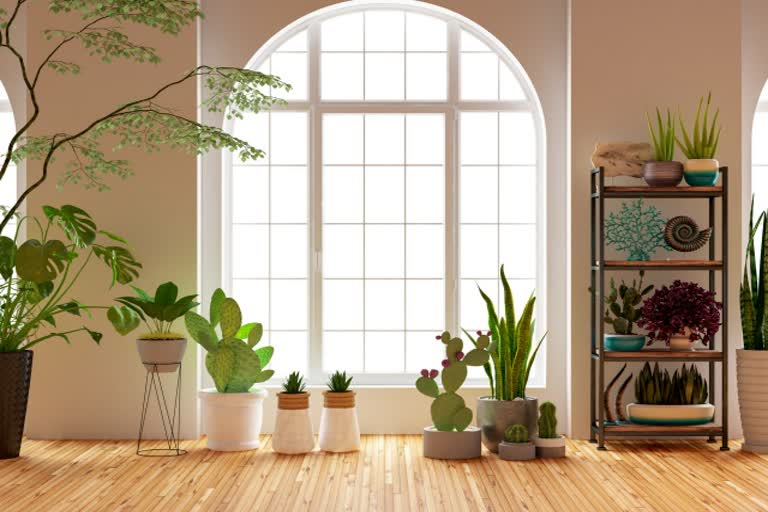People who live in urban areas are exposed to pollution and toxins almost all the time. Dust, smoke, non-herbal paints, bacteria, viruses that transmit through air are more than enough to reduce the quality of our lives and keep us ill one way or another. While having house plants were always a good idea, in a post-pandemic world is should be a must have owing to the new normal which requires us to stay indoors more than ever. Parks and open spaces will not be as safe as we would want them to be, therefore, as our indoor activities increase, it is important reduced the toxins in the air we breathe.
So, here is a list of 4 air-purifying house plants that cut air pollutants and toxins due to chemicals, paints and use of plastics.
- Peace Lily
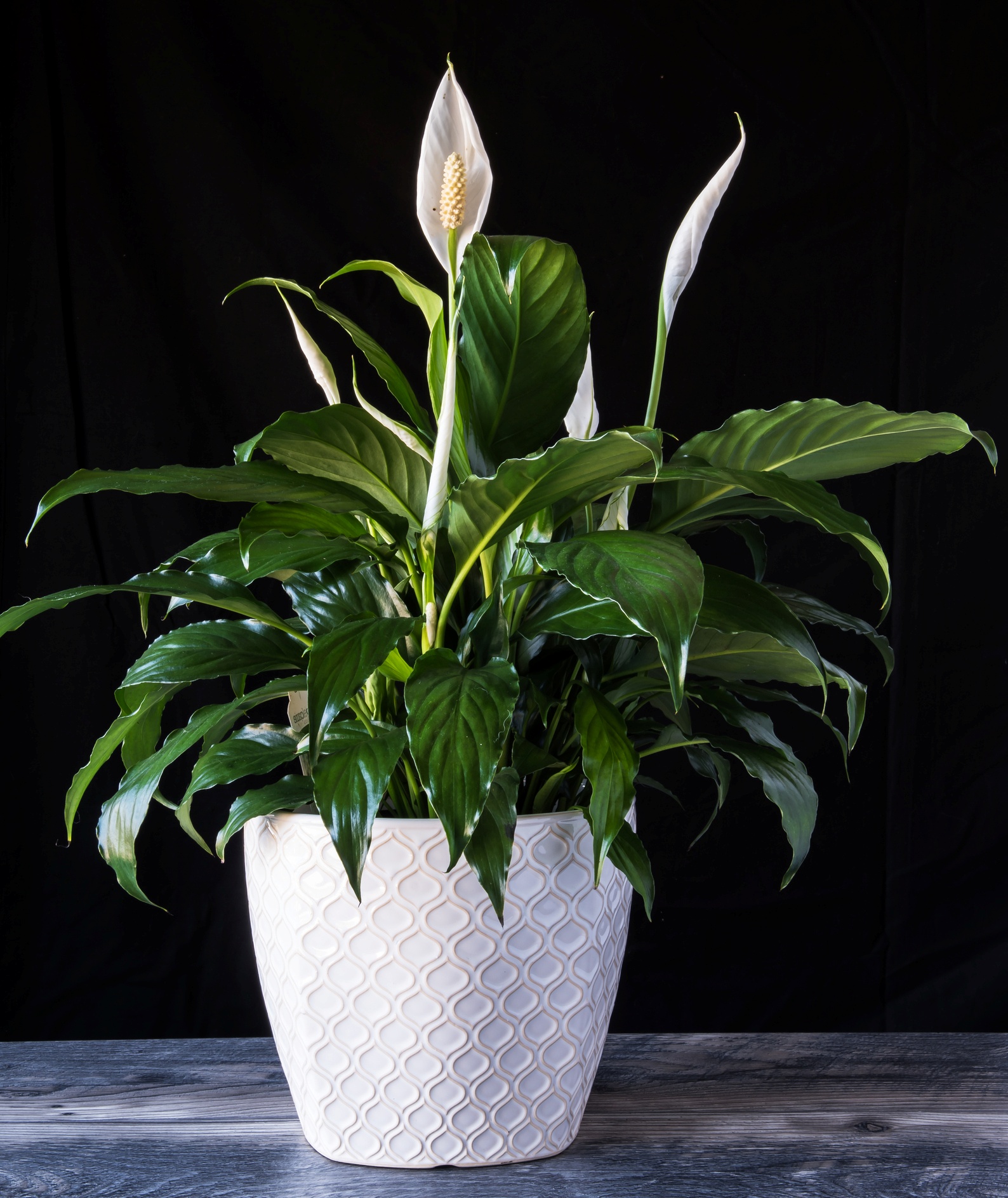
One of the most common types of house plant is also one that filters most amounts of toxins. It filters pollutants like benzene, formaldehyde, ammonia, and xylene which are known to harm the immunity system and loss of white blood cells. Peace Lilies should be kept in low to medium sunlight with moistened soil. Peace Lilies are toxic to dogs and cats to pet parents they may not be a good option for you.
- Aloe Vera
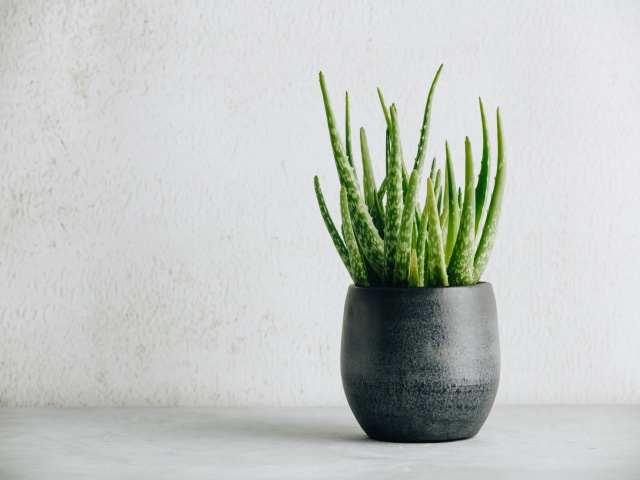
Again, a very common plant which most plant lovers would have at home. It is loved by many because of his medicinal and healing nature. Apart from being a medicinal agent that could be used on skin and scalp it also filters pollutants like benzene and formaldehyde.
- Devil’s Ivy (Money plant)
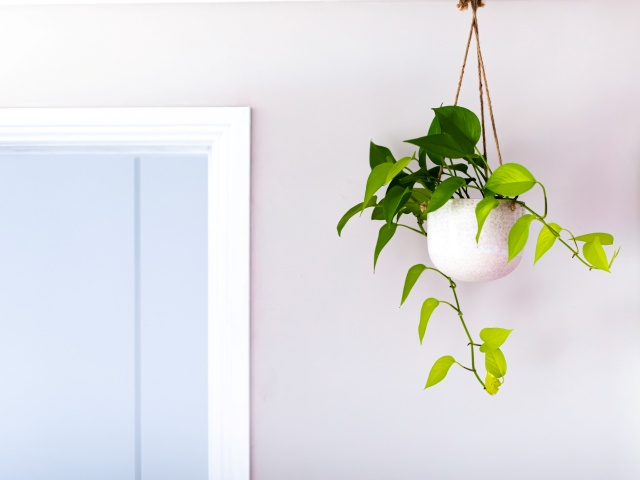
The well-known money plant deserves more credit that it usually gets. It’s a creeper that does not die quickly but does require regular watering and medium sunlight. Overall it is a low-maintenance plant which also adds to the beauty of the place you keep it in. It reduced harmful toxins from the air and keeps the environment fresh and pleasant.
- Snake Plant
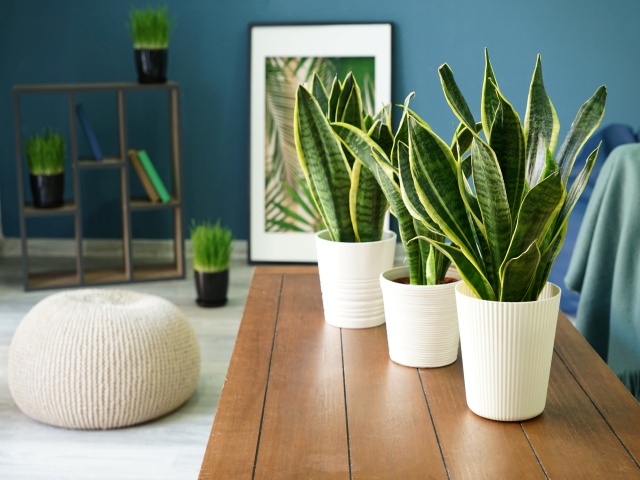
Contrary to its name, the Snake Plant grows straight! However, it is serpentine silvery-white stripes. It is a hardy plant which does not require much maintenance. It can grow in low sunlight and does not require regular watering. It is advisable to not overwater it or keep it in direct sunlight and warm areas. It is also toxic to dogs and cats.
